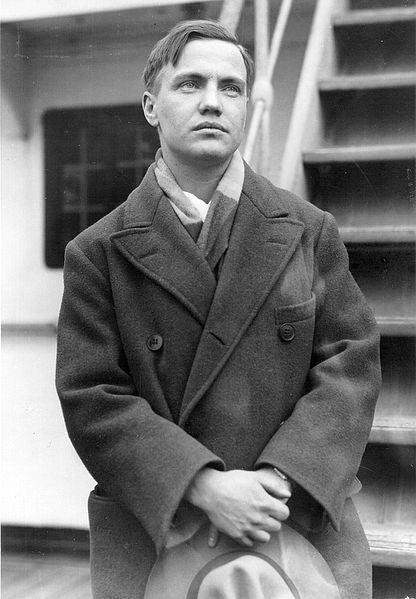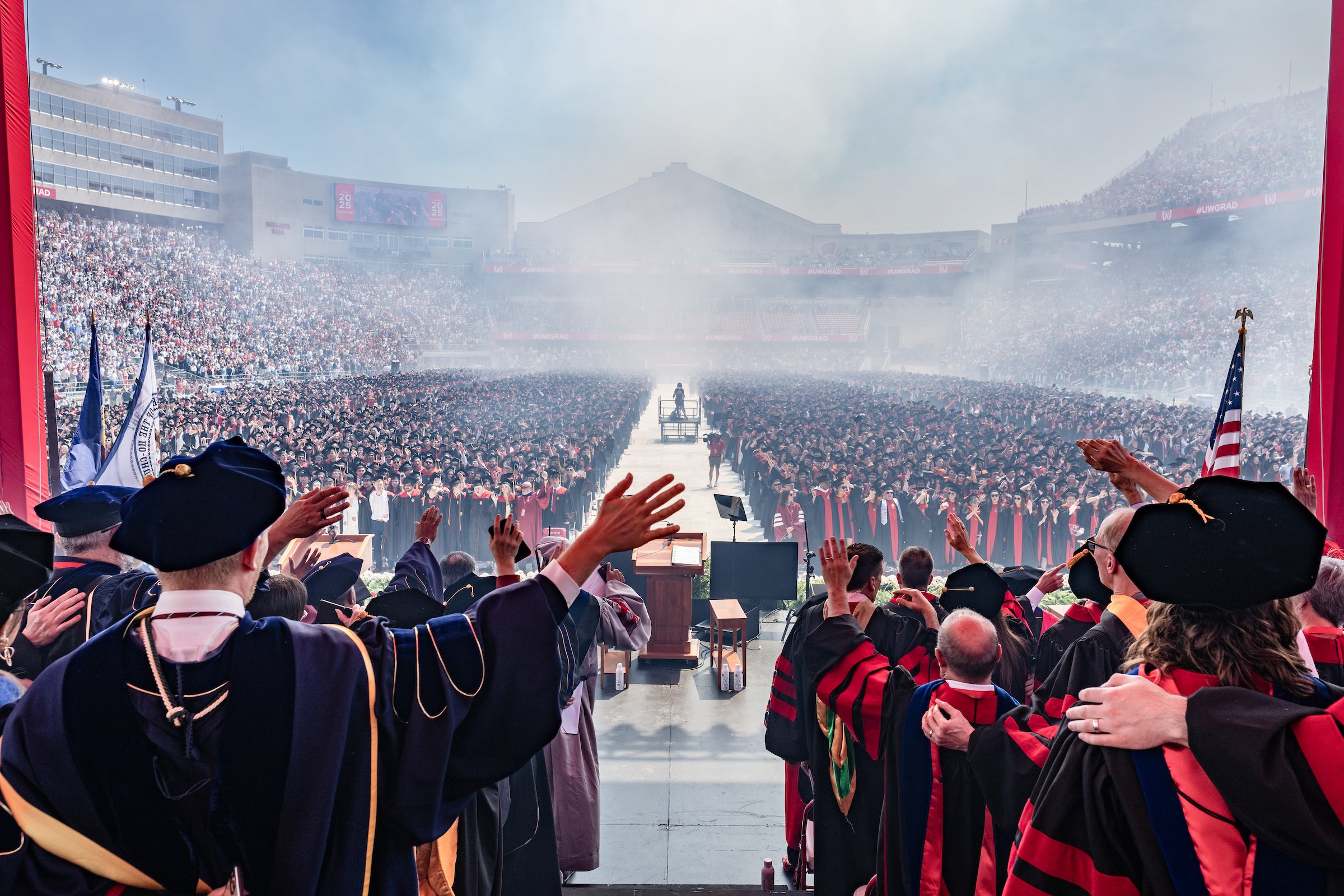During his sojourn in Paris in the 1920s, composer George Antheil decided to investigate a claim made by his teacher back in Philadelphia. It alleged that Debussy, Ravel, and Satie had stolen their impressionistic technique from a largely forgotten Italian composer named Ernest Fanelli.
Antheil tracked down the composer’s widow and grown son and daughter. Posing as a critic eager to write an article about the composer’s “true worth,” he received the family’s cordial invitation to have a good look at Fanelli’s music.
He discovered that the claim was true—Fanelli had anticipated the technique of Debussy, Ravel, and Satie by many years.
News with a little more humanity
WPR’s “Wisconsin Today” newsletter keeps you connected to the state you love without feeling overwhelmed. No paywall. No agenda. No corporate filter.
On the other hand, Fanelli’s work wasn’t as polished as those of his three more famous contemporaries.
Antheil asked Fanelli’s widow if the three composers had ever visited Fanelli and borrowed his scores.
“Oh, yes,” was the answer. Young Debussy had been very enthusiastic about her husband’s work.
Antheil faced a dilemma. He felt obligated to write the promised article, but who in Paris would want to read that the city’s most beloved composers had borrowed from a foreigner? And was touting the less-inspired music of Fanelli worth incurring the wrath of Parisians?
He wrote a wishy-washy article about Fanelli without mentioning the borrowed scores.
A few days after it came out, he found at his hotel room door a calling card wrapped in a handbill advertising a cure for sexual impotency. The card was from Fanelli’s son and, in French terms, the insult implied by the handbill was a challenge to a duel.
Antheil felt his temper boil, and, being an expert marksman, he decided to go out and fight.
As he passed the concierge, she asked if he had gotten the card, and went on to explain that to keep it clean, she had wrapped it in the first thing at hand.
As he thought about the “true worth” of Ernest Fanelli, a relieved George Antheil concluded that “art is not a matter of precedence, but of excellence.”
Wisconsin Public Radio, © Copyright 2025, Board of Regents of the University of Wisconsin System and Wisconsin Educational Communications Board.







